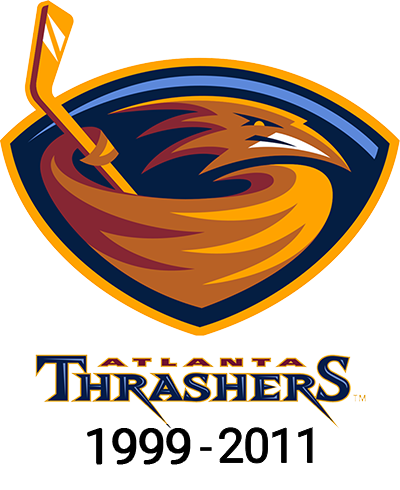How many years of training does a neurosurgeon have to go through? And what, exactly, do they operate on? Check out this piece for all the answers!

In the field of medicine and surgery, there are numerous different specialists who perform a variety of different procedures and treat patients with various clinical conditions. In this article, we shall briefly review what a neurosurgeon is and the commonly performed procedures by them.
What is a Neurosurgeon?
A neurosurgeon is a physician who deals with patients suffering from clinical conditions that affect the central nervous system and the peripheral nervous system. As such, they are more so involved in surgical procedures than in medical management. A neurosurgeon is typically involved in conditions that affect the nerve fibers and the brain. There are a variety of different clinical conditions that affect these structures and, as one is well aware, the function of the brain and the nervous system is essential for life. Every action that we perform is controlled by our brain, and the movement of muscles and our experience of different sensations are felt due to the peripheral nervous system. In the event that there is any form of damage to these structures, a neurosurgeon can help by repairing them and removing the cause of the damage.
What training do neurosurgeons undergo?
In the United States, a typical neurosurgeon has to undergo four years of pre-med, four years of medical school to attain an MD, one-year of general surgery and up to 7 years in a neurosurgery residency program. Some neurosurgeons continue their education with a fellowship. Once training has concluded, neurosurgeons commence practice independently.
What are the commonly performed procedures?
There are various procedures that are performed by neurosurgeons that can range from simple operations to very complicated cases. Cases can include removal of blood clots or accumulated blood under the skull following head trauma to delicate surgery involving tiny parts of the brain in order to improve an individual's function - both motor and sensory. In the event that a patient has a brain tumor, neurosurgeons can perform surgeries to remove the tumor.
New techniques have emerged in the recent years that are now incorporated in the training of neurosurgeons. The use of robot-assisted devices along with specialized equipment has made neurosurgery a rather complicated field of surgery but one that has excellent long-term outcomes when performed by experts. Many times, neurosurgeons work in close conjunction with neurologists and physiotherapists in order to give the patient the best outcome possible. Of course, neurosurgical procedures are always accompanied by different risks, though these risks may be rather minimal when procedures are performed by experienced surgeons.
What are the commonly treated conditions?
Neurosurgeons typically treat conditions such as brain tumors, spinal cord tumors and tumors of the peripheral nerves. Some tumours include meningiomas, astrocytomas and craniopharyngiomas. In addition to this, treatment of arteriovenous malformations and arterial aneurysms are also performed by neurosurgeons. Acoustic neuromas, pituitary tumours and developmental disorders in children such as spina bifida, hydrocephalus and Arnold Chiari malformations are also treated by them. Genetic conditions such as neurofibromatosis and tuberous sclerosis are other clinical conditions within neurosurgery.
Conclusion
A neurosurgeon is a physician who performs surgical procedures on the brain and the peripheral nervous system. Clinical indications are many and long-term outcomes are often very good, though they do depend on the clinical condition and the experience of the surgeon.




